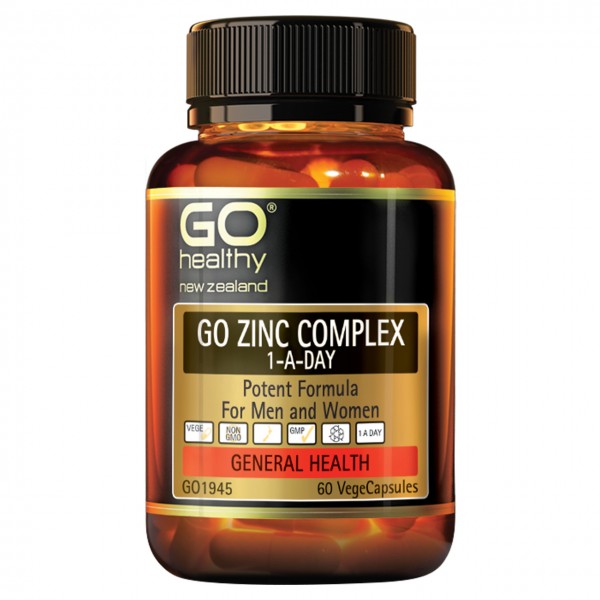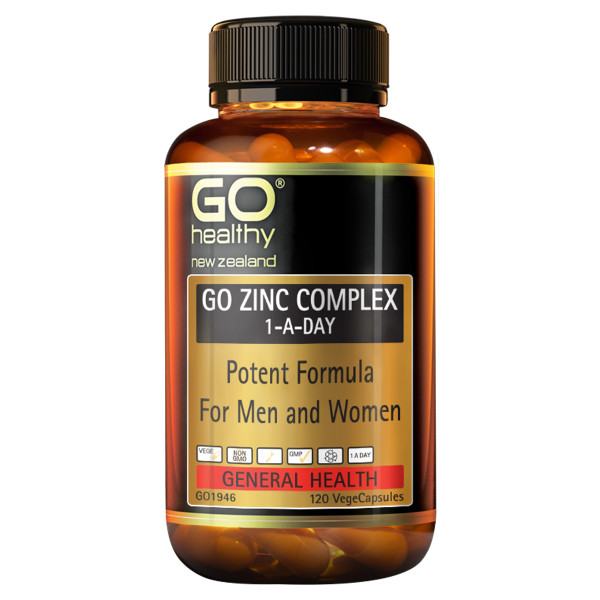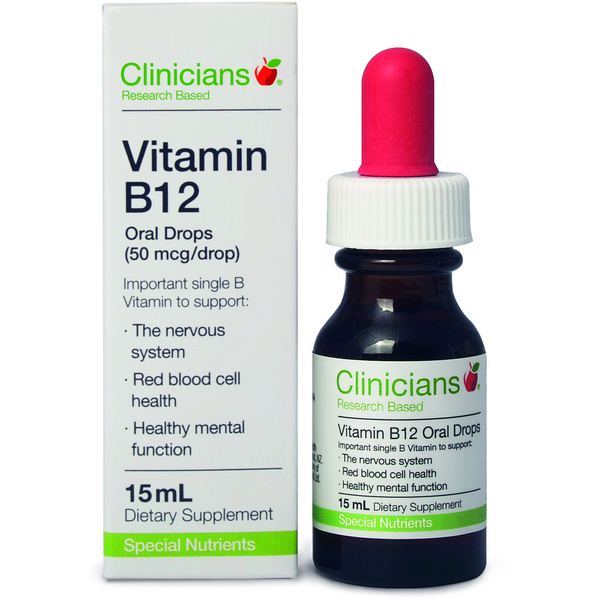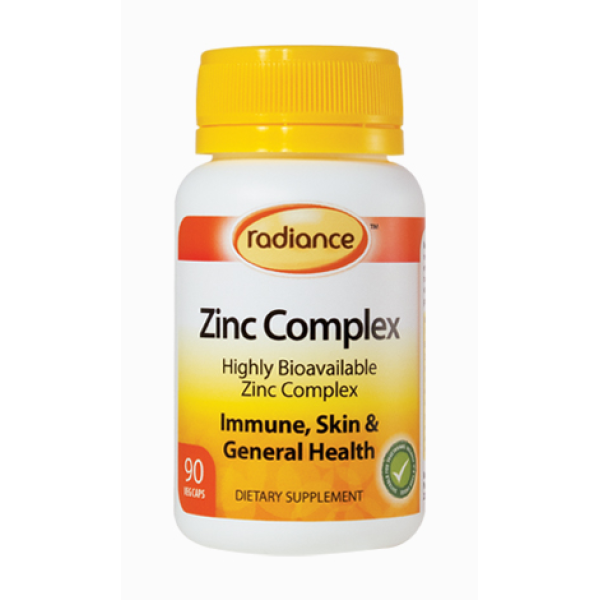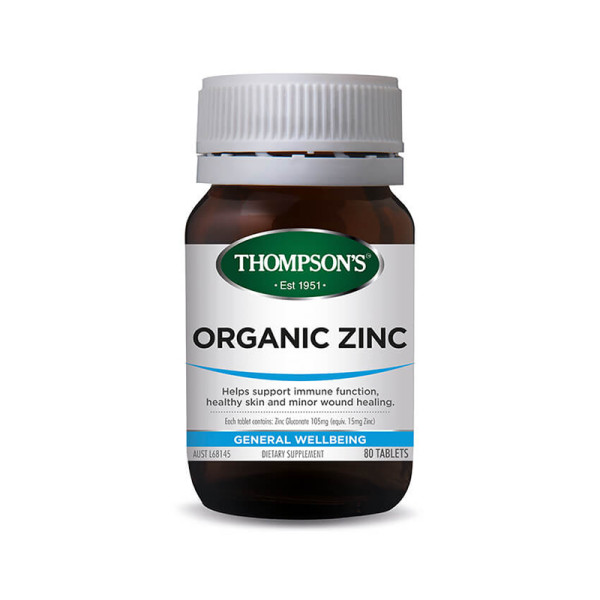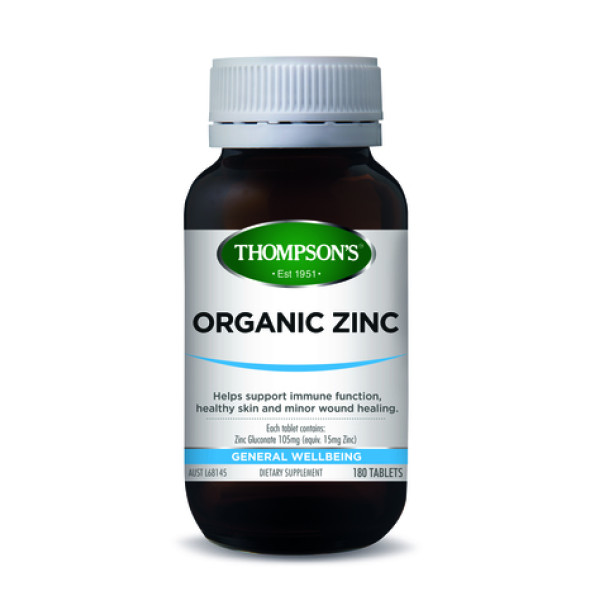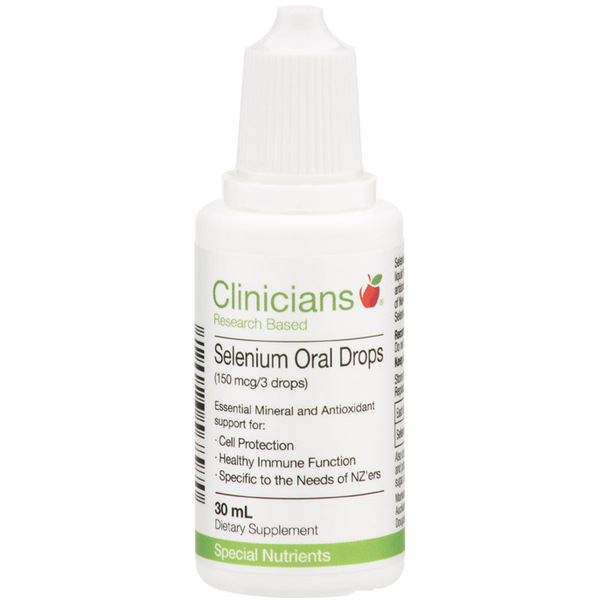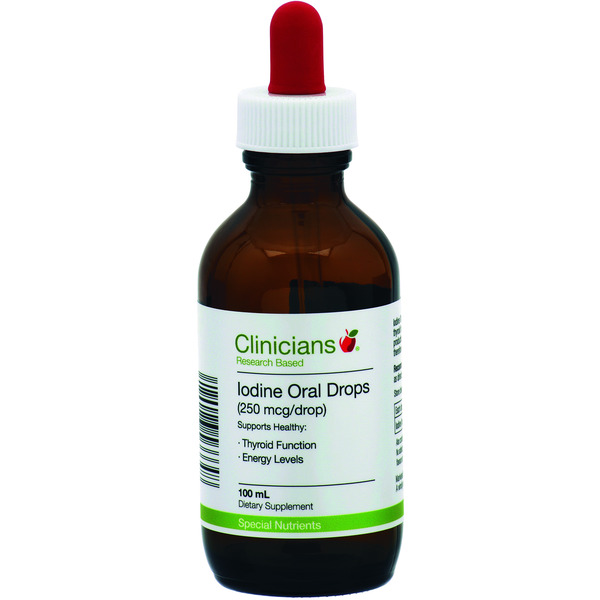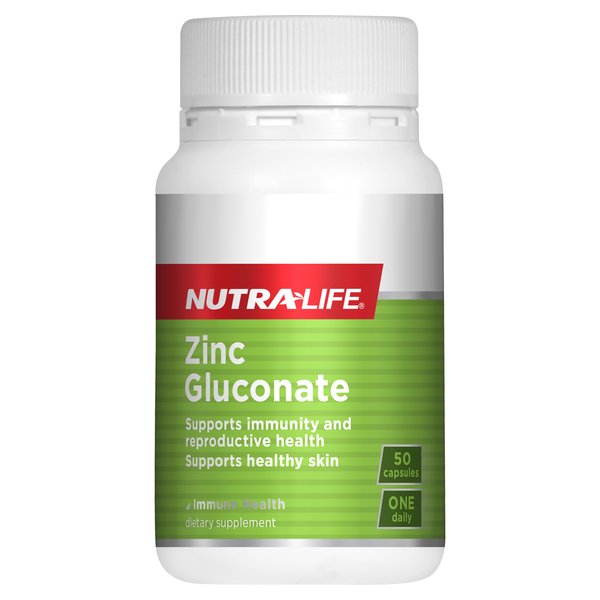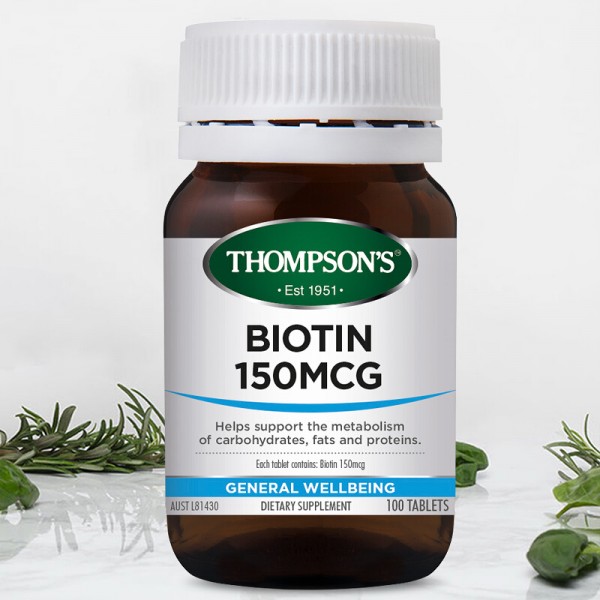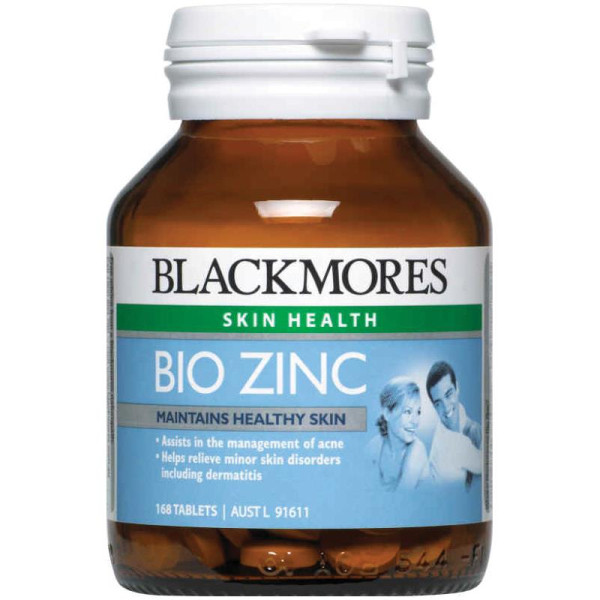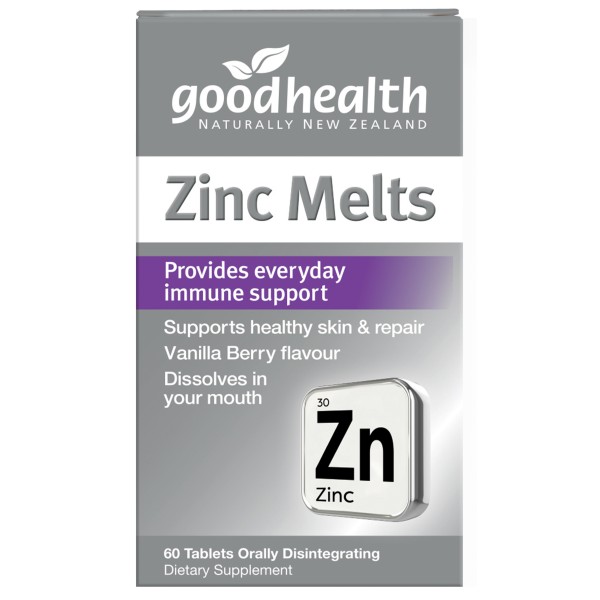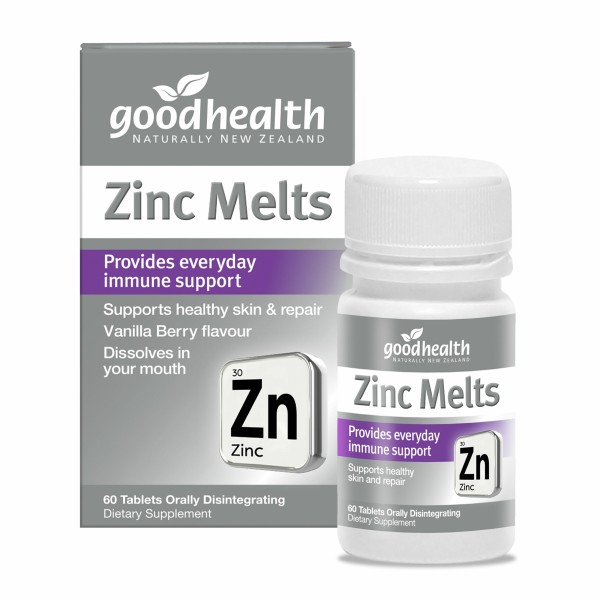Clinicians Zinc Oral Drops 30ml
Clinicians Zinc Oral Drops (1mg/drop) 30ml
Clinicians Zinc Oral Drops is a high potency, well tolerated liquid form of Zinc for cost effective flexible dosing for all age groups. Zinc is an important trace mineral essential for healthy hormone production, immune function, skin health and growth and repair.
Zinc Oral Drops Benefits:
Zinc is an important trace mineral for all New Zealanders due to soil depletions
Zinc is an essential trace mineral and is a component in over 200 known enzymes in the body
Zinc is a powerful antioxidant and helps protect against free radical damage
Zinc may assist in wound healing, sensory function, sexual function and skin health
Supports healthy immune system function during susceptible times
Zinc is essential for the proper action of hormones such as insulin, growth hormones and the sex hormones in both males and females
Zinc Oral Drops Features:
High potency zinc in liquid format for enhanced absorption and utilisation in the body
Well tolerated form of zinc suitable for a wide range of age groups including children
Zinc sulfate provides a quality form of zinc
Liquid format provides cost effective flexible dosing
Safe and well tolerated
Can be taken alongside conventional medicines
Suitable for women who are pregnant or breastfeeding
Active Ingredients:
Active Ingredient in 1 drop:
Zinc (from zinc sulfate) 1mg
Also Contains:
Purified water, citric acid, sodium citrate and potassium sorbate.
No Added:
gluten, dairy, yeast, sugar, artificial colours, sweeteners, flavours or preservatives.
Recommended Dose:
Mix with water or juice.
Adults: up to 11-15 drops per day.
Children and adolescents (9-18 years): up to 8-15 drops per day.
Children (4-8 years): up to 5-12 drops per day.
Children (1-3 years): up to 3-7 drops per day.
(NB: highest daily dose reflects safe tolerable upper level for each age or the maximum permissible over-the-counter dose in New Zealand (15mg)).
Age Dietary Reference Intakes(recommended daily intake) Tolerable Upper Intake Levels(maximum recommended daily intake)
Children 1-3 years 3mg 7mg
Children 4-8 years 5mg 12mg
Children 9-13 years 8mg 23mg
Males 14-18 years 11mg 34mg
Males 19 years + 11mg 40mg
Females 14-18 years 9mg 34mg
Females 19 years + 8mg 40mg
Pregnancy 14-18 years 12mg 34mg
Pregnancy 19 years + 11mg 40mg
Lactation 14-18 years 13mg 34mg
Lactation 19 years + 12mg 40mg
Contraindications & Cautions:
Zinc competes with copper for absorption. Other minerals (most notably calcium and iron) can adversely affect zinc absorption if supplemented at high doses. If you are taking high doses of other individual minerals defer zinc supplementation to a different time of day.
Pregnancy & Breastfeeding:
Clinicians Zinc Oral Drops is well tolerated and considered safe to use during these times, use under health professional supervision to ensure appropriate dosing.
Extra Information:
You may wish to take Clinicians MultiVitamin & Mineral Boost alongside Clinicians Zinc Oral Drops to fill dietary gaps and ensure adequate daily intakes of key nutrients to support everyday health and well-being. If you want to test your Zinc levels visit your local Clinicians stockist and ask to try our Clinicians Zinc Test Solution.
The beneficial effects of zinc are extensive due to the fact that zinc is involved in over 200 enzymes and biological processes in the body. Zinc is found in every cell in the body and is essential for the proper action of many hormones in the body, such as insulin, growth hormone and the sex hormones in both men and women. In men zinc supports male sex hormones, prostate health and fertility. Zinc is essential for protein production to support growth, repair and wound healing. Adolescents and the very young can use up their zinc stores during rapid growth spurts.
Although severe zinc deficiency is rare, marginal deficiencies are common due to poor dietary choices and zinc being deficient in New Zealand soil. The elderly, adolescents and the young being more at risk. Zinc deficiency may present as white spots on finger nails, loss of sense of taste and smell, poor night vision, delayed wound healing, skin problems and an increased susceptibility to infection.


